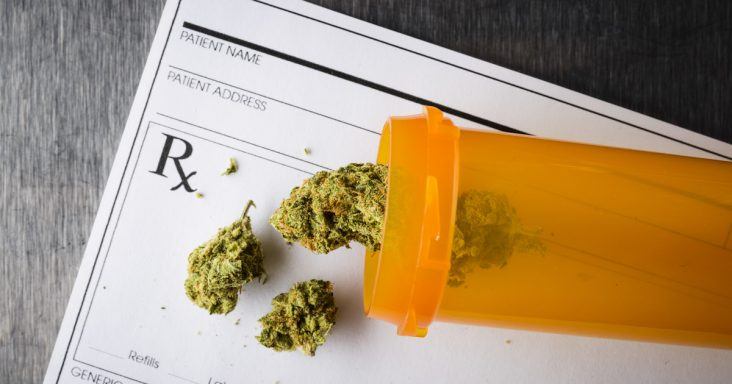Medical marijuana sales more than $20 million in January
by February 22, 2022 4:55 pm 815 views

Arkansas medical marijuana patients spent $20.53 million in January at the state’s 37 dispensaries to obtain 3,731 pounds – which equals more than $5,500 a pound. Patients have bought more than 76,000 pounds of medical marijuana since the first dispensary opened in May 2019.
According to the Arkansas Department of Finance and Administration, the state collected $2.84 million in taxes on medical marijuana sales in January. The state has collected $60.19 million in tax from medical marijuana sales since May 2019. The largest month for collection of the 6.5% state tax was May 2021 with $1.63 million.
Taxes collected are 6.5% of regular state sales tax with each purchase by a patient, and a 4% privilege tax on sales from cultivators to dispensaries. Most of the tax revenue is placed in the University of Arkansas for Medical Sciences National Cancer Designation Trust Fund.
The constitutional amendment legalizing medical marijuana for 17 qualifying conditions and creating a state medical marijuana commission, was approved by Arkansas voters 53% (585,030) to 47% (516,525) in November 2016.
Following are the top five dispensaries with the most the pounds sold in January.
• Natural Relief Dispensary (Sherwood), first opened March 17, 2020: 387.85 pounds in January
• Releaf Center (Bentonville), first opened Aug. 7, 2019: 333.99 pounds in January
• CROP (Jonesboro), first opened Sept. 21, 2021: 221.39 pounds in January
• Suite 443 (Hot Springs), first opened May 10, 2019: 220.56 pounds in January
• Green Springs Medical (Hot Springs), first opened May 12, 2019: 200.96 pounds in January
Eligible Arkansans spent $264.9 million on medical marijuana in 2021. The Releaf Center in Bentonville sold the most pounds (4,012) in 2021. The Arkansas Department of Health reports 82,696 active patient cards as of Feb. 20.
A recent Talk Business & Politics-Hendrix College Poll found that 53.5% of respondents favor full legalization of marijuana in Arkansas for those age 21 and older, with 32% saying it should remain for medical use only.
